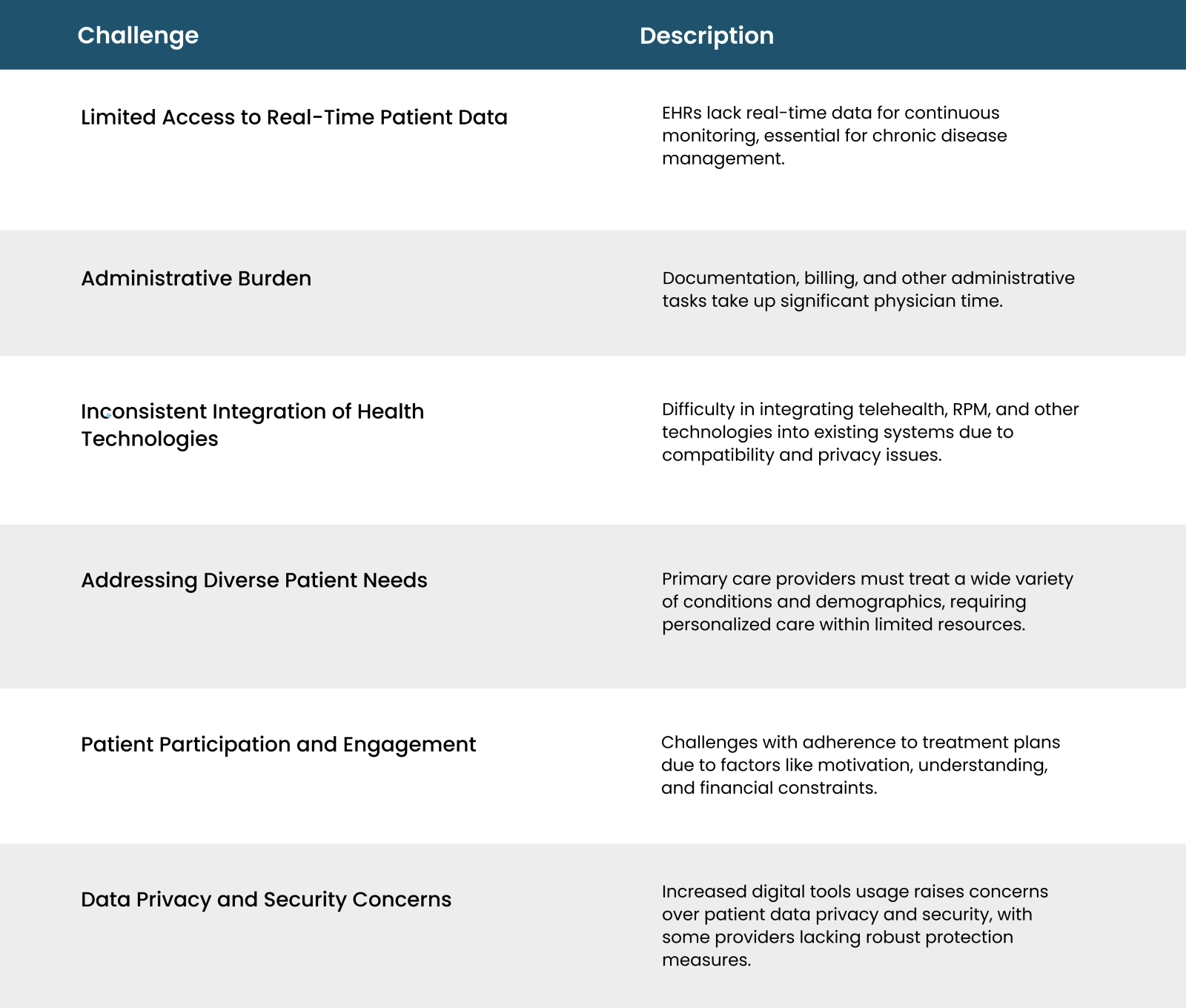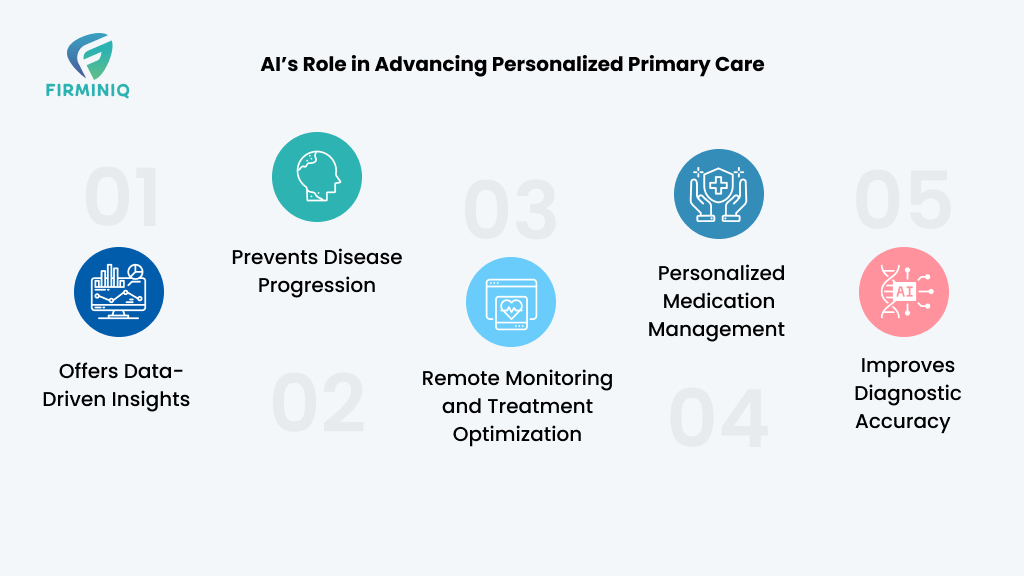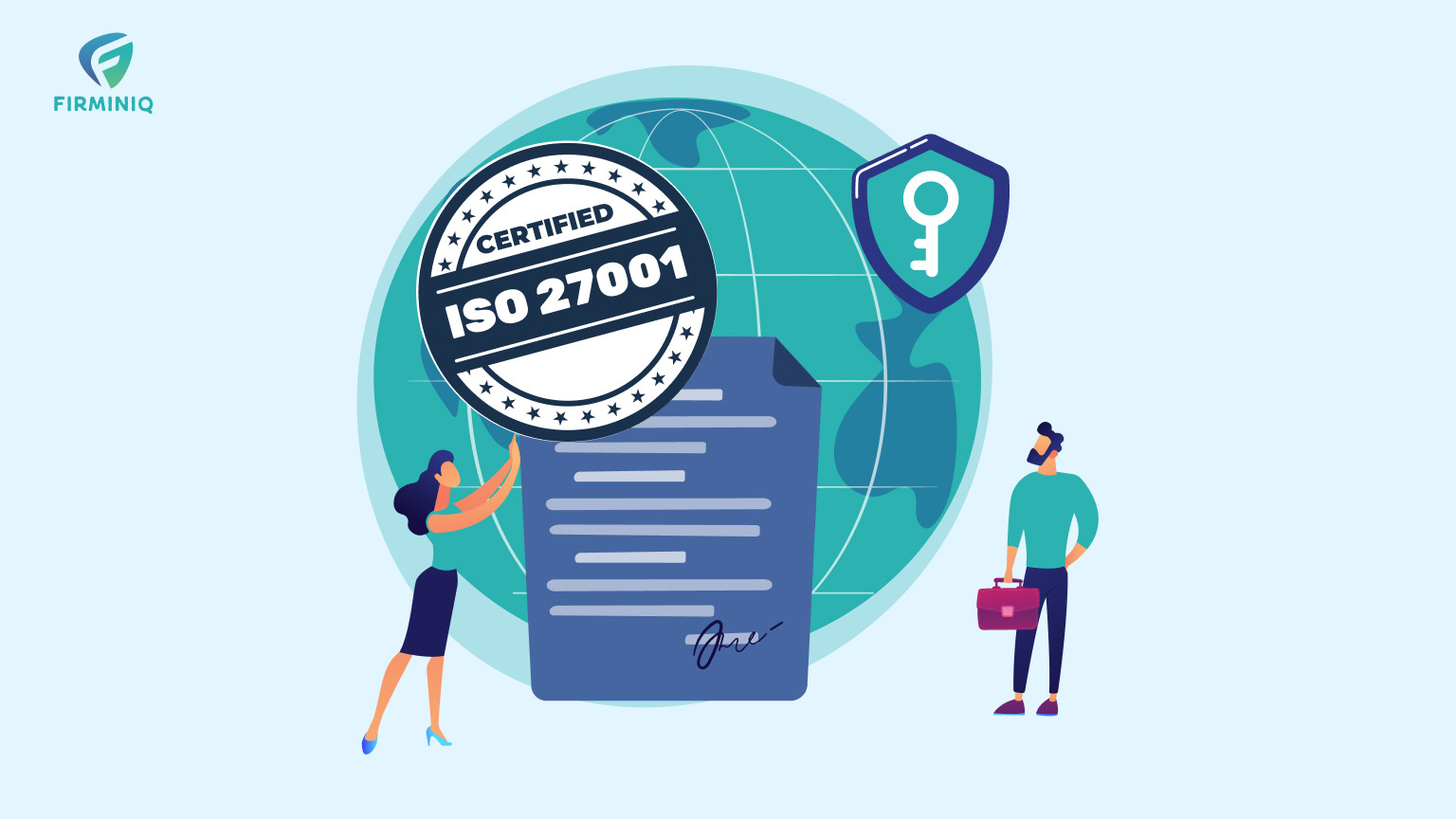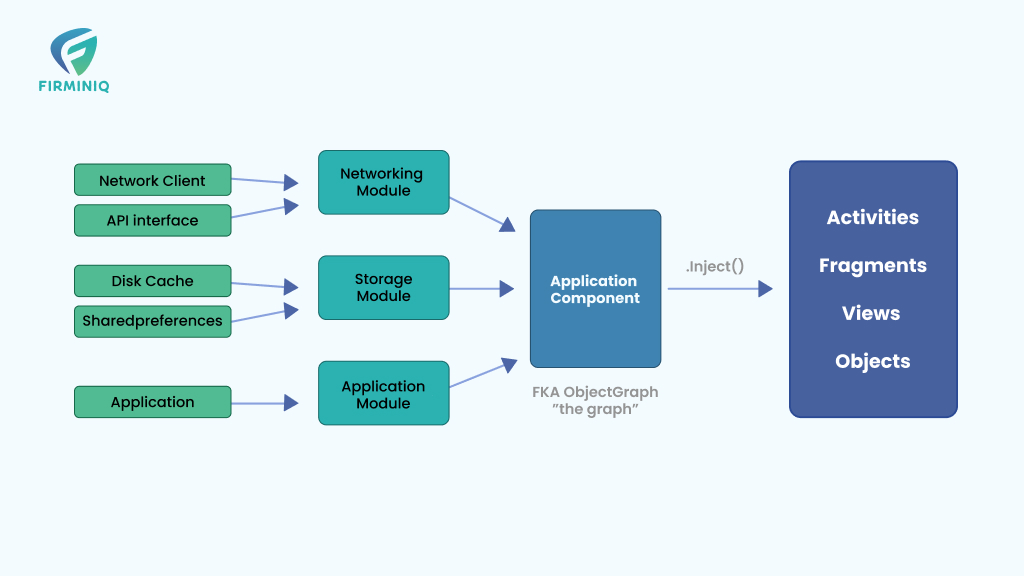Healthcare is shifting towards personalized and data-driven care, bringing patients tailored treatment options, proactive health management, and improved outcomes. The transformation is driven by advancements in technologies like AI, RPM, telemedicine, and more. The shift is not only about treating patients with utmost care but also managing health proactively, focusing on early intervention and chronic disease management.
A central force in this transformation, AI-powered systems analyze patient data, including medical history, lifestyle, and genetics, to create personalized healthcare plans. This approach enhances primary care by improving outcomes and streamlining healthcare delivery.
“The AI in Healthcare industry is projected to grow from USD 20.9 billion in 2024 and is estimated to reach USD 148.4 billion by 2029; at a CAGR of 48.1% from 2024 to 2029.”- MarketsandMarkets
As AI continues to evolve, its potential to enhance care delivery will only grow, benefiting patients and providers. The blog helps uncover the current challenges that impact primary care efficiency and how AI is helping overcome the challenges while enhancing patient care with a personalized approach.
Challenges Impacting Primary Care Efficiency
Primary care providers face various challenges that can hinder their ability to deliver efficient, high-quality care. Below are some of the key obstacles impacting the practices and overall care delivery.
How AI Enhances Personalized Primary Care
Discover the top ways AI is transforming primary care with a personalized approach.
Offers Data-Driven Insights
AI helps analyze the vast amount of data from electronic health records (EHRs), wearables, and other connected devices. Processing these datasets, AI can help physicians make precise and accurate decisions.
As per a report from NIH, The AI algorithm developed for diagnosing COVID-19 demonstrated a significant improvement in detecting the virus for 279 patients, surpassing radiologists in sensitivity by correctly identifying 84% of cases compared to 75% for radiologists evaluating the images and clinical data.
These results highlight AI’s ability to uncover subtle patterns in data that can be overlooked in traditional diagnostics.
Prevents Disease Progression
AI-driven predictive analytics help with early detection of disease based on the risks. The AI system analyzes lifestyle habits/changes, genetic markers, and other factors to predict the likelihood of chronic diseases. This technology not only predicts the likelihood of chronic diseases but also helps identify potential infection risks.
“Artificial intelligence (AI) and machine learning (ML) have the potential to support the development of HAI (Healthcare-associated Infections) surveillance algorithms for the understanding of HAI risk factors, the improvement of patient risk stratification as well as the prediction and timely detection and prevention of infections.”- NIH
Remote Monitoring and Treatment Optimization
“The global AI in RPM market is expected to grow from USD 2.3 billion in 2023 to around USD 24 billion by 2033, with a projected CAGR of 26.6% from 2024 to 2033.”- Market.us
Primary care is turning out to be more proactive with AI-enabled remote patient monitoring. RPM devices help track data in real-time such as blood pressure, heart rate, and more while offering continuous updates to the physician about the patient’s health and treatment plan. AI can analyze these readings, alerting physicians to anomalies and suggesting modifications to treatment regimens based on the patient’s evolving health status.
Personalized Medication Management
AI algorithms can evaluate patient data, such as genetic information, medical history, and lifestyle factors, to develop customized treatment plans. This approach ensures that each patient receives care tailored to their unique needs, enhancing the effectiveness of treatments and reducing the risk of adverse reactions.
“The artificial intelligence (AI) platform AiCure (New York, NY, USA) uses computer vision and machine learning to capture and analyze audio and video data related to medication administration to detect critical steps in medication ingestion without the need for human input.”-NIH
Improves Diagnostic Accuracy
Leveraging advanced algorithms and machine learning techniques, AI tools can potentially assist in diagnostics by cross-referencing symptoms, medical images, and other health data with vast medical databases.
“Over the last 10 years, many AI algorithms have achieved good sensitivity and specificity (>85%) for detection of referable DR compared with human graders.”- American Diabetes Association
Real-World Examples
Mayo Clinic’s AI-Powered Cardiovascular Disease Prediction
Mayo Clinic, well known for its advanced healthcare research, uses AI models to predict cardiovascular risks based on ECG data. One of the tools developed by researchers identified patients at risk for atrial fibrillation (AFib) even if there were no symptoms found. This prediction helps physicians to be attentive prior and prevent the likelihood of stroke and heart failure.
Babylon Health – AI Chatbot for Personalized Primary Care
Babylon Health was a digital-first health service provider that combined an artificial intelligence-powered platform with virtual clinical operations for patients. AI-powered chatbots helped patients with self-diagnosis based on their reported symptoms. Users can seamlessly connect with the physicians via telemedicine if needed.
Cleveland Clinic’s AI-Driven Cancer Detection
Cleveland Clinic collaborated with other institutions and implemented AI to improve the early detection of cancers, especially in complex cases like breast cancer. The study highlights technology’s potential to enhance trial accessibility and streamline the process for researchers to match patients with suitable trials, including those with rare diseases who might otherwise be overlooked. This early detection allows for timely intervention, improving survival rates and enhancing treatment outcomes.
Epilogue
As AI continues to evolve, integrating technologies like AI thoughtfully within healthcare will bring unparalleled advancements in personalized and proactive care. With capabilities ranging from real-time patient monitoring to predictive analytics, AI enables a shift towards preventive care, allowing providers to address potential health risks before they escalate.
The time to embrace AI’s potential in primary care is now, ensuring that its integration will only enhance the patient experience and optimize care delivery across the healthcare landscape. Contact us to discover how AI integration enhances healthcare delivery and find out how we can assist you in reshaping the future of primary care.








